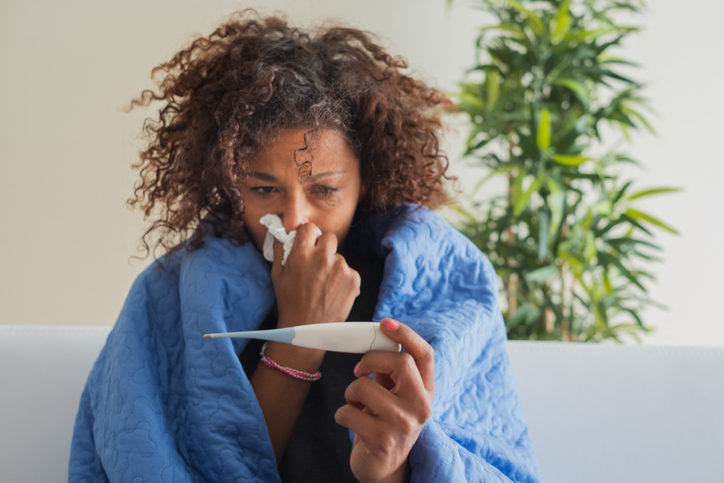Pennsylvania Radon Levels Are the #3 Worst in America – What to Do
It’s winter, which means it’s time to check radon levels. Each winter, the word “radon” becomes a buzz term, because this is the time of year when residents can be exposed to dangerous levels of radon. I’m sure you want to keep your family safe, so let’s get into the numbers. As it turns out, Pennsylvania radon levels are the #3 worst in the U.S.
The EPA has a map out of radon zones, which was created in 1993 to identify areas of the U.S. with the potential for elevated indoor radon levels. They note that this map is to help local governments and other organizations target risk reduction activities and resources, not to look at an individual home. While this is all good information, the map is a bit hard to read. So, let’s get into some more specific numbers for our area.
WorldPopulationReview.com has ranked all of the states by radon levels. According to this study, radon is “a naturally occurring radioactive gas that is odorless, tasteless, and colorless. The natural radioactive decay of uranium forms it in rock, soil, and water.” According to this study, radon is also the second-leading cause of lung cancer. Well, the news isn’t great for Pennsylvania radon levels. According to Air Chek, Inc. (via WorldPopulationReview.com), 31 states have radon exposure above 4 pCi/L. Just five states and the District of Columbia are considered to have low radon levels: Arizona, Florida, District of Columbia, Mississippi, Louisiana and Hawaii. Pennsylvania radon levels are the No. 3 worst in the country at 8.6 pCi/L.
So, what do you do? Test for radon. “No matter where you live, test your home for radon— it’s easy and inexpensive,” the EPA says. “Fix your home if your radon level is 4 picocuries per liter (pCi/L) or higher. Consider fixing if your level is between 2 and 4 pCi/L.” For more information on testing and to view the EPA map, go here. Find the WorldPopulationReview.com study here.





